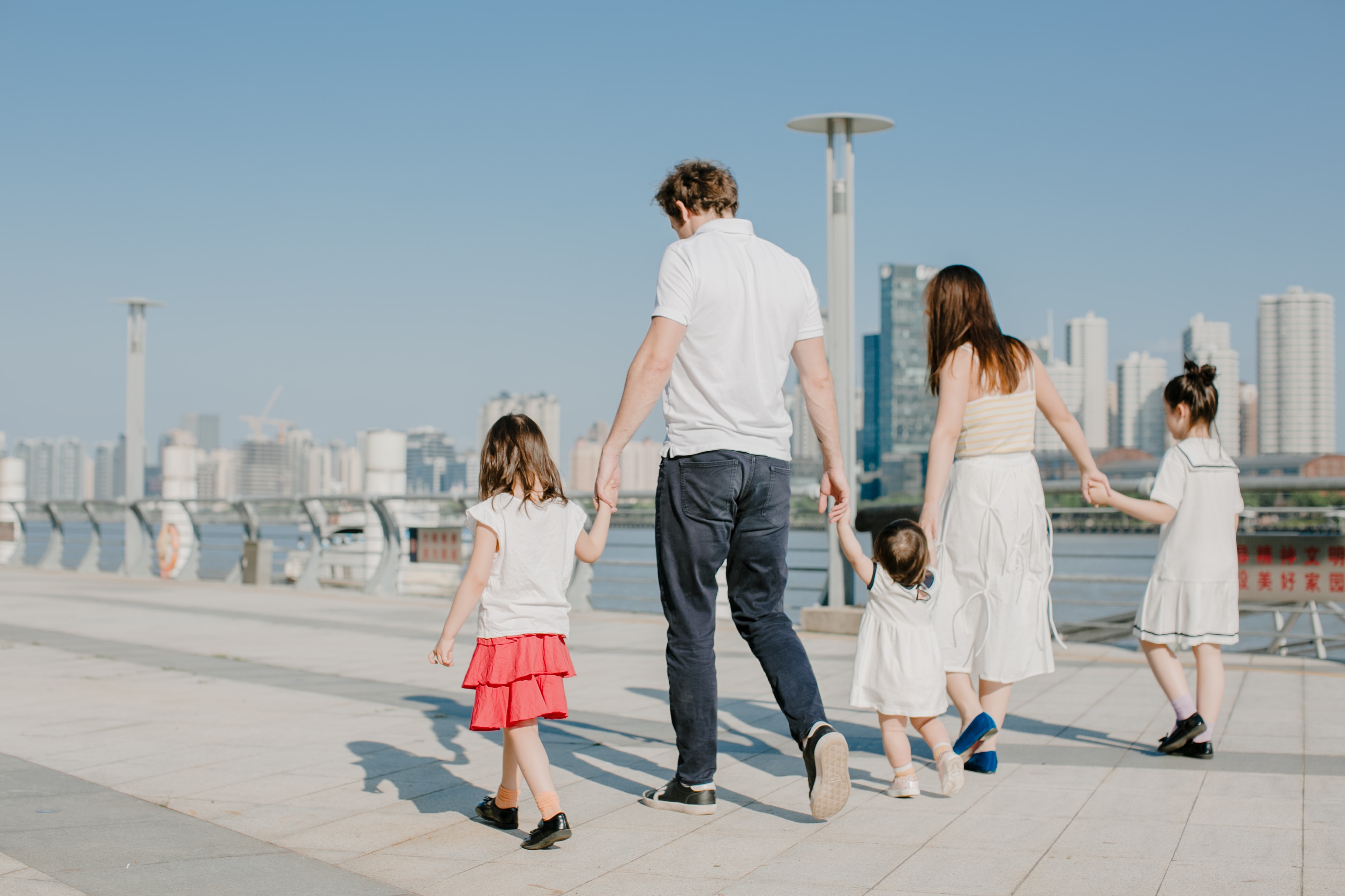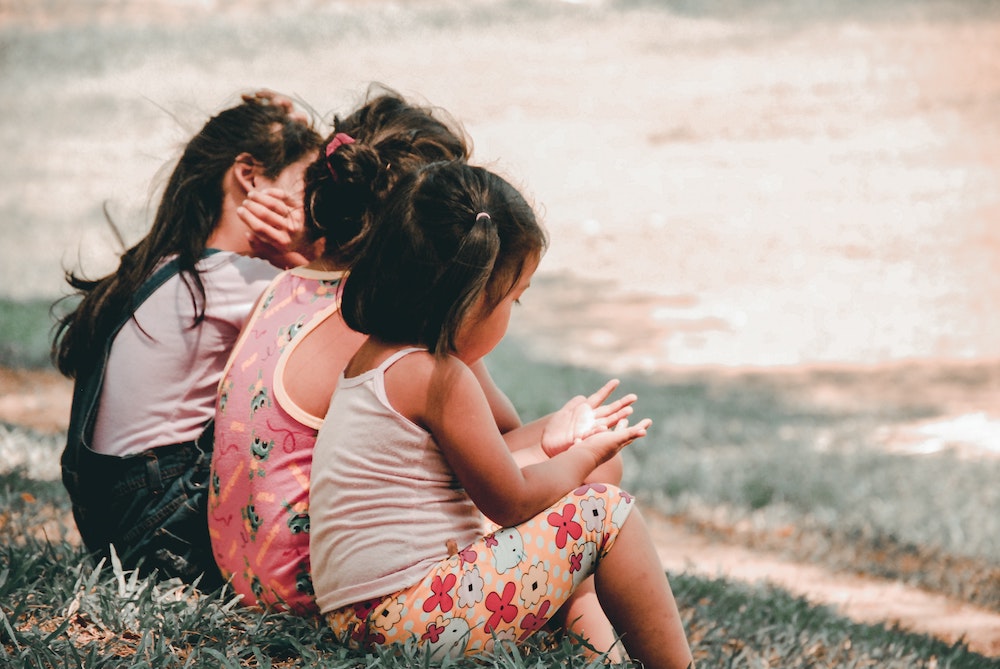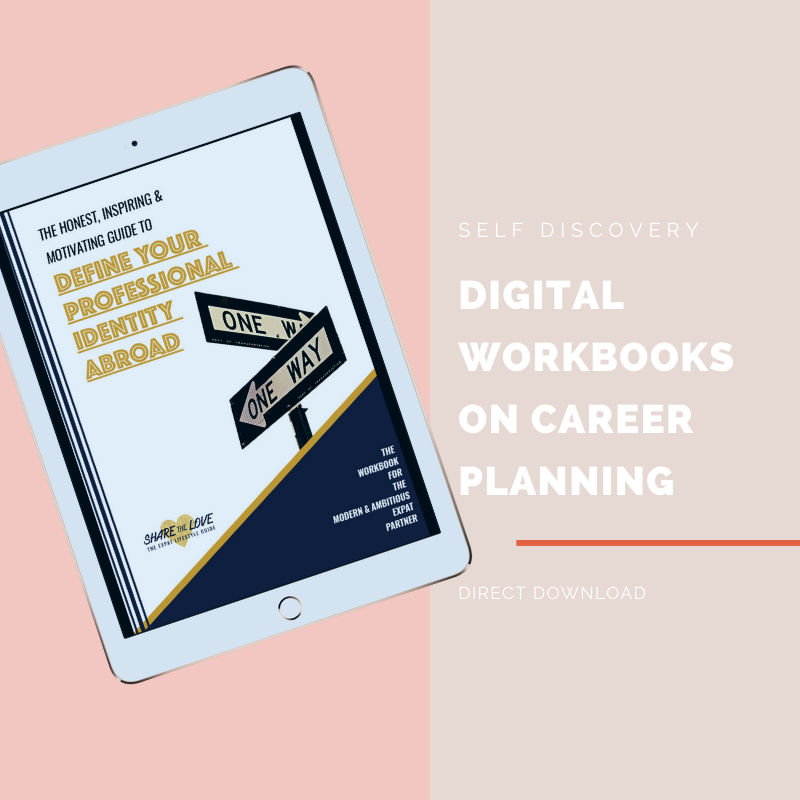
Repatriation with Kids
Summertime is travel time. However, this often takes on completely different dimensions within the expat community. For many families, it means packing suitcases and celebrating goodbyes and the beginning of a journey into the unknown. Some families will set up home abroad for the first time this year, others will return to their old, familiar, and yet somehow foreign homeland, and still, others will jump directly from one foreign country to the next. There is definitely a lot going on in the summer and so it is also the time to have a look at how children actually cope with this time, what their worries are, and how we as parents can support them on this journey. If you know SharetheLove for some time now, you know that it is truly about sharing the Love. I think it’s important not to constantly reinvent the wheel, but to draw on the many valuable resources and skills of this terrific expat community. So today I would like to hand over the stage to a great colleague of mine. She is an expert when it comes to preparing families for the time abroad and after their return and can refer to many of her own experiences with her children. If you are looking for support and feeling insecure about the effect of this whole expat adventure on your family she is a great source of wisdom to get in touch with! So, I am happy that she is sharing some key insights and also helpful tips and tricks on how to create a smooth transition for your children on the blog today!
Meet Anna C. Seidel
Anna is a certified trainer, coach, and engineer with 40+ years of expat experience who empowers clients as parents and as individuals. She has lived abroad all her life and is currently raising her own Third Culture Kids in a cross-cultural marriage. She knows what keeps you awake at night – as a parent and as an individual. Her straight talk and sound advice support parents’ growth and learning to raise kick-ass, resilient kids that will be invaluable assets to the world. Now and as adults.
How to connect
You’re returning to your passport country after living abroad. Perhaps you’re excited about returning to a familiar place and being closer to your family. Perhaps you’re sad to be leaving the excitement of your overseas assignment and the life you made for yourself there. Perhaps you’re not feeling much at all. These are all completely normal reactions and part of the ride you’ve just gotten on.
Each person’s experience is different with every repatriation. However, children’s experience and expression of what they’re going through can be very different from their parents – in particular because they are losing much more and have little experience to fall back on. In short – you’re at the same amusement park but you’re all on a different ride.
I’ve been on this roller coaster a few times and hope that by sharing my experience I can help you through yours. I’ve also taken kids on this ride and will share their voices, as well as my suggestions for you as parents and families on how to make this transition as smooth as possible.
Common Phases of Repatriation (or any move)
Repatriation typically goes through phases but each of these can be very different for each person; often they overlap, or circle back because repatriation, like grief, is not linear.
We usually start with saying goodbye – we say our farewells to people, places, and our lifestyle, while also starting to focus on what is ahead. There are a lot of logistics to be managed while riding an emotional roller coaster. To make matters more complex, everyone in the family is probably on a different ride.
As uncomfortable as goodbyes can be, don’t skip this part. Creating closure through farewells is important to free up our hearts and minds for what is coming next. If you moved during the pandemic and weren’t able to get the closure you need, you can still do it. Take time as a family to process (by talking, partying, looking at photos) so you can move forward without glancing back all the time (read more about saying goodbye and “how-to” here.)

During arrival, we’re usually fueled by adrenalin and excitement. It’s great to be back, there’s lots to do and organize, people to see, unpacking to do, school supplies to buy, etc. If you’re struggling, an adventure mindset – seeing your passport country with fresh eyes – can be hugely beneficial. You may have been here before but the ride has been upgraded. View this as a new assignment, a new place to explore. One of our family’s leaving rituals is to make a bucket list for the new place. This phase is a great time to pull that out. Discovering a new place together takes the edge off for everyone and helps you create new happy memories and experiences as a family while building a sense of belonging in your new place.
After a while, the locals go back to their daily routines while you don’t have any yet. No one is really interested in your stories and you start to miss little and big things as you start building a new life. The rose-tinted glasses come off and perhaps you begin to see all the things about your passport country that annoy and bother you. We call this phase reverse culture shock, however, it isn’t so much a shock as a jumble of feelings such as dissatisfaction, frustration, judgment, longing, loneliness, and disillusionment. If we haven’t yet, this is when we need to start the grieving process by acknowledging our emotions – even if they are swinging wildly from hour to hour.
For me this phase is marked by elation at re-discovering groceries I didn’t realize I’d been missing and a simultaneous massive feeling of missing out on all the fun my friends are having in the country I left.
Eventually – and this can take years – we find our equilibrium again as the ride slows down. In this phase, we have adjusted to life and have found ways to blend our experiences in other places with our current life and routines. We have re-connected with friends and family, made new friends, built a community, and feel grounded again. We feel comfortable calling our house “home”.
"The rose-tinted glasses come off and perhaps you begin to see all the things about your passport country that annoy and bother you. We call this phase reverse culture shock, however, it isn’t so much a shock as a jumble of feelings such as dissatisfaction, frustration, judgment, longing, loneliness, and disillusionment."
Repatriation through the Eyes of Children
Adults may find repatriation hard. But what about our children? How do they experience a “return” to a passport country they may have never lived in or have no memories of? How do they handle leaving friends, people that have cared for them, routines, their lifestyle & status, and school knowing in their hearts that they can never return?
I interviewed a few children to hear how they experienced repatriation – what went well and what didn’t.
When asked what it was like to move to their passport country replies ranged from “very weird and slightly alien-feeling” to “boring”. Loss of all things familiar and in particular friendships was a recurring theme. Feeling disoriented because location, language, places, even things like layout and lighting in shops and schools were all mentioned. The hardest thing by far is highlighted in this quote “I’m supposed to be part of this culture and this society but I didn’t feel like it at all“. Struggling to make (new) close friends can be another challenge because they feel so different. This can be problematic, as not feeling a sense of belonging and as a part of a community is a big emotional strain for children.

To the children a surprising thing about moving was feeling distant from the country and its people despite really wanting to return. Upon reflection one comment was “I felt more comfortable living abroad and visiting Germany occasionally (than living there).” They expressed that it was hard being pressured to fit in and to feel comfortable (it’s your home!), while clearly not feeling either. These pressures come from all sides (parents, friends, teachers, and themselves) and can cause anxiety in an already tense time. This quote summarizes it well:
“It felt very much like I couldn’t talk about it or like I was wrong for feeling that way and it felt very difficult to put into words and explain. “
When asked how well they felt they fit in right after the move vs a few years later most children had moved up the scale by 2-3 points. This is a hopeful sign that as hard as the move was, it did get better.
But not all children struggled. Some felt immediately at home and settled in nearly seamlessly, picking up where they had left off years ago. Keep reading to find out why and what you can do to help your children.
Having said that, 100% of children interviewed wanted to leave again someday – from the 5 to the 18-year-old. Thus is the nature of globally mobile children.
"Having said that, 100% of children interviewed wanted to leave again someday – from the 5 to the 18-year-old. Thus is the nature of globally mobile children."
What makes it so hard?
What is the common denominator both for those children that didn’t just slide back into their lives and those that did?
It always comes down to identity (who am I?) and belonging (who do I belong with?) and the intricate web of emotions around them. Those that felt a belonging returned more easily than those that didn’t. All children go through a metamorphosis during adolescence as they mature and become increasingly independent. However, growing up in different cultures, regularly traveling between vastly different places, and learning to shapeshift and adapt everywhere deepens questions of identity and increases their complexity. Living in a place where they “fit in” outwardly but don’t feel like they do on the inside can be incredibly confusing.
As parents, we get to help our globally mobile children develop physically and emotionally while supporting their identity development and providing a solid sense of belonging within the family. As they grow up we must encourage and assist our children in finding communities outside the family where they can feel belonging and acceptance. If we don’t support these processes the chances of dysfunction and mental health issues in adulthood increase compared to the average population.
It’s a tall order and a huge responsibility for parents. Living abroad our roles and importance in the lives of our children increase as we are no longer part of a network – the “village” – that helps us raise our children. Our actions have a greater impact (read more about this here.)
Every transition is an opportunity for us as parents to go deeper on these issues and live up to our responsibility. When we move “abroad” we’re more aware of these issues and invest time and patience in helping our children adjust. But when we “return” this is often overlooked. Perhaps because parents are unaware of the issues, are wrapped up in logistics, are unsure what they can do, or are feeling overwhelmed by the move themselves.

How to Support your Children
Here are some specific things parents can do to help children through any move, but especially when moving to their passport country:
First, the easy things
- Stay connected to other children while you’re away. This was the key to why some children had an easier time reintegrating. They had a ready-made community.
- Prepare for repatriation as if it were another assignment: logistically (explain how things work, what their routines will be like) and mentally – having an Adventure Mindset is a huge asset. Make that bucket list!
- Maintain family rituals for continuity and consistency. Don’t underestimate the value of Friday Night Movie Night and bedtime routines.
- Research favorite activities (soccer, music, etc.) before you arrive so children have clubs to join right away.
- Develop and practice an answer to the question “where are you from?”. Your kids will be asked this often. By having a simple answer, they will feel more in control. Anyone that wants to know more can ask.
- Say goodbye to people, pets, places, things, and anything else near and dear to them. Clear the air if there are any conflicts.
Now, the harder stuff
- Help your children understand, recognize and express their emotions. This is an ongoing process but if a child can tell you what they’re feeling, they will be more able to clearly communicate their needs.
- Understand that your internationally mobile child may not be clear about her identity and will need time and support (sometimes just listening is enough). When the world equates country with identity, your passport is from country A and you’ve grown up in country B (C & D) – who are you? Help them know that their passport is not their identity.
- Belonging is a fundamental human need. We are social creatures and crave recognition and the community of a group of peers. Create a strong sense of belonging within your family that holds wherever you go (e.g. through rituals). But also help your children find groups they can become a part of the outside of your nuclear family. This takes time and effort but it’s worth it.
Finally, the really hard stuff
- Share how you are feeling with your children. Modeling how you express your emotions is critical to the development of their emotional competency.
- Find your own community.
- Know your “focus point”. The thing that grounds and centers you (running and being on my own are mine).
- Make time for yourself to get or do what grounds you. This is non-negotiable. A healthy, centered parent has more inner resources for her children than a frazzled, strung-out one. Everyone wins.
- Give it time. It will get better. I promise.
Key takeaways
- Build your children’s emotional vocabulary and skills so they can express what they’re feeling.
- Help them recognize and celebrate their beautiful, unique identity to build confidence.
- Create a sense of belonging within your family so they always know where they belong.
- Take care of yourself.
Thank you Anna for these great tips! International moves are much more than logistical feats! They expose the emotions of all family members and it is up to us to see this as an opportunity and respond carefully. Anna has created a great picture with the amusement park! I wish you and your families much success in implementing it! If you have any questions, feel free to contact Anna or me directly or comment below the post to share your experiences with others. Thank you so much for taking the time to read this post. You can do it!












Eine Antwort
I loved this piece. It is tricky on many levels and I love the bit about getting kids to recognize and celebrate their identity. There is a lot that happens on a deeper level – I think many parents try to put on a brave face in front of their kids and this doesn’t help them to develop emotional competency. A great read!